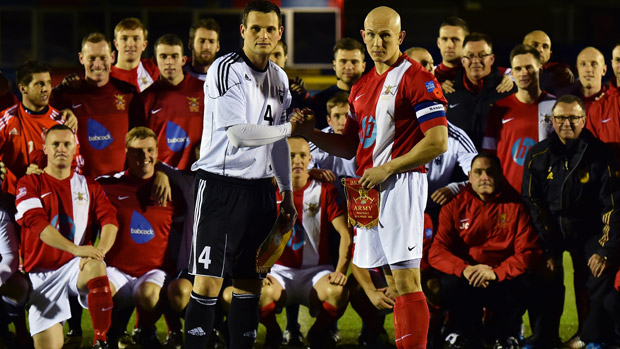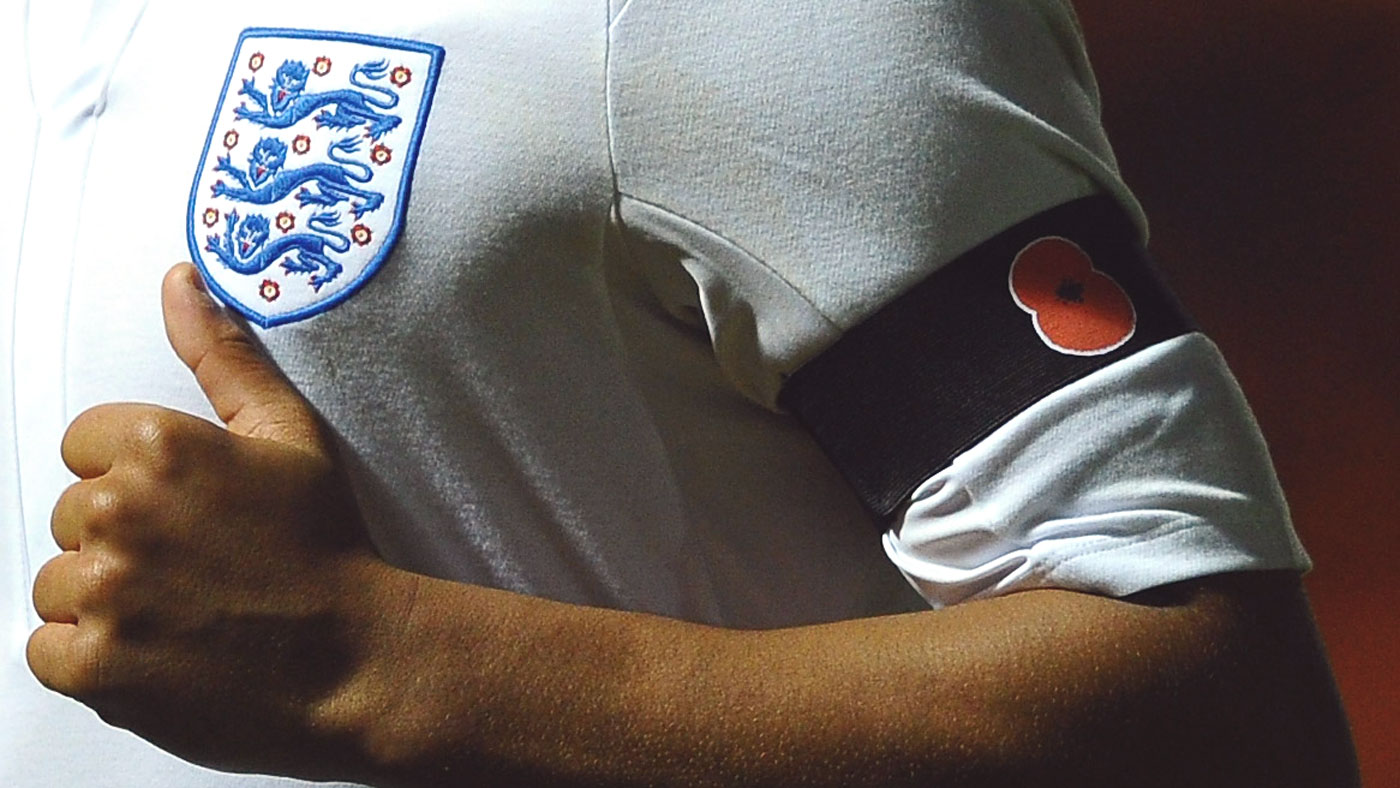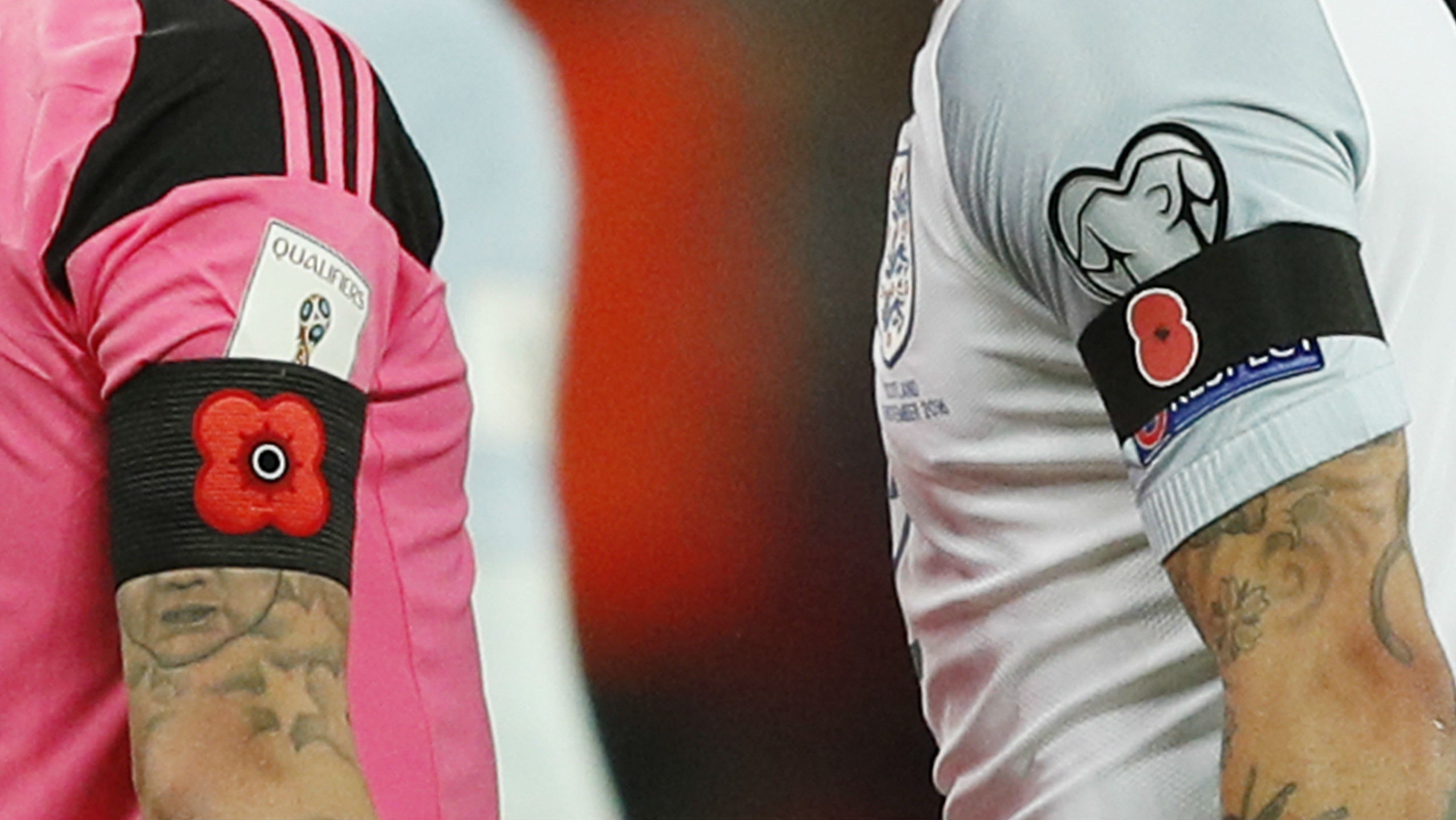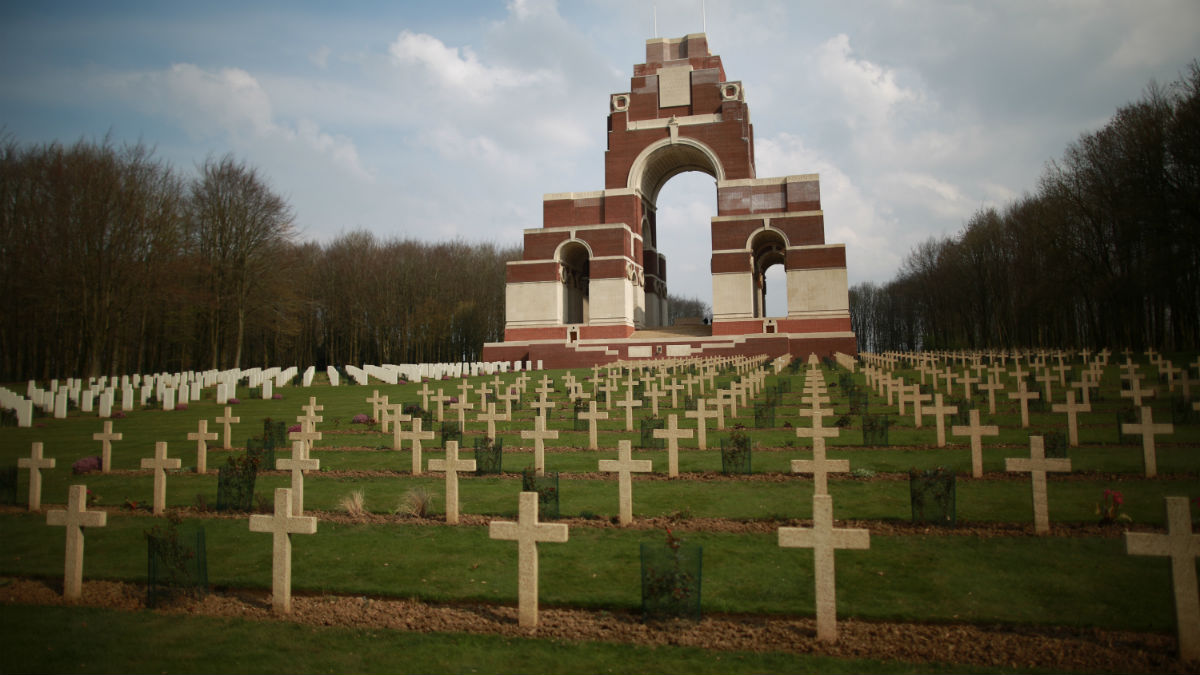WWI Christmas truce: how football stole the glory of others
Mythology of match on no-man's land should not eclipse the sacrifices of other sports

A free daily email with the biggest news stories of the day – and the best features from TheWeek.com
You are now subscribed
Your newsletter sign-up was successful
If ever you need proof of the 'footballisation' of British culture look no further than the ongoing media coverage of the Christmas football truce.
Most historians agree that the game of football played between British and German troops in no-man's land at Christmas 1914 was nothing more of a brief kickaround, and a small one at that.
That hasn't stopped the television and newspapers – and a Sainsbury's television commercial - romanticising the incident and blowing it out of all proportion. But the story goes deeper than the mythology of a football match.
The Week
Escape your echo chamber. Get the facts behind the news, plus analysis from multiple perspectives.

Sign up for The Week's Free Newsletters
From our morning news briefing to a weekly Good News Newsletter, get the best of The Week delivered directly to your inbox.
From our morning news briefing to a weekly Good News Newsletter, get the best of The Week delivered directly to your inbox.
Everywhere you look football's glory has ridden roughshod over the sacrifices made by other sports, trampling underfoot the bravery of cricketers, rugby players and athletes. How many times, for instance, have you heard the name Ronnie Poulton-Palmer mentioned by the media recently? He was the finest England rugby player of his generation, killed in action in May 1915, one of 111 rugby union internationals to fall in the Great War.
Or what about Colin Blythe, the Kent and England spin bowler, killed in 1917? He was one of four England Test – and 289 first-class cricketers - to die in the conflict.
The list goes on. Wyndham Halswelle, Olympic gold 400m medallist for Britain in the 1908 Games, killed in action in 1915, the same year as Tony Wilding, the New Zealander who won four consecutive Wimbledon singles' titles between 1910 and 1914.
You wouldn't know it, not from the recent coverage of the memorial unveiled at Staffordshire's National Memorial Arboretum by Prince William and England manager Roy Hodgson. His Royal Highness is the president of the FA but he should have known better than to declare, as he did in his speech: "Football had the power to bring people together and break down barriers. It is vital that 100 years on we keep the Christmas truce story alive. For future generations this memorial will help ensure that not just football, but also a nation, remembers."
A free daily email with the biggest news stories of the day – and the best features from TheWeek.com
In reality 100 years ago football was viewed in a far less favourable light than it is today. Though the FA had written to the War Office shortly after the outbreak of war in August 1914, offering to follow rugby union's example and terminate all matches, they had been assured by the government that there was no need: the war would be over by Christmas.
So the football league continued, much to the disgust of the British public. John George Lambton, 3rd Earl of Durham, was prominent in recruiting local men to a Durham Pals Battalion. In November 1914 he expressed his dismay that none of the Sunderland squad swapped their red and white shirts for khaki. "He did not know whether it was ignorance or – he was almost ashamed to say the word – cowardice on their part," wrote the Athletic News journal. "If it was the latter, could Sunderland people go to look at a football match?"
Rugby sought to capitalise on the public opprobrium. George Rowland, president of the Rugby Football Union, accused the FA of being "solely and entirely governed by commercial principles" and he accused the footballers of being "shirkers and bullet-funkers".
Football hit back. George Wagstaffe Simmons, a member of the FA wrote to The Times pointing out that 100,000 amateur players had enlisted. But that wasn't the point. The public wanted to see the well-paid professionals "doing their bit". William Joynson Hicks, MP for Brentford, thought it might be an idea to raise a battalion from the ranks of professional football, but it backfired badly.
The battalion's commanding officer, Colonel Grantham, had to write to all the clubs in March 1915 because out of 1,800 potential recruits, only 122 professional players had joined up. Tom Watson, manager of Liverpool, answered the colonel's criticism in a letter to the Times but his defence only reinforced the officer's complaint. The players, explained Watson, "are donating 12.5 per cent of their salaries to the assistance of the needy and to the war funds". In addition 18 footballs had been sent to the front. But as to how many players had enlisted, Watson reported just one.
The football league eventually suspended professional football at the end of the 1914-15 season, and dozens of players – some of whom had been forbidden from breaking their contracts a few months earlier – enlisted in the armed forces.
One Sunderland player, the England centre-forward Charlie Buchan, was awarded a Military Medal in 1917. A number of professionals were killed in action, including England half-back Evelyn Lintott and the Scotland and Leeds forward Jimmy Speight.
Many footballers did indeed "do their bit" in the First World War, but the sport's "bit" as a whole was far less than that of cricket and rugby union. The latter, in particular, had had a "good war" and one anonymous headmaster wrote to the Times in February 1919, declaring that rugby "has proved itself to be unequalled by any other game as a school of true manhood and leadership."
A century on, football has barged rugby out of the way and claimed the glory all for itself.
Gavin Mortimer is the author of Fields of Glory: the Extraordinary Lives of 16 Warrior Sportsmen
-
 Film reviews: ‘Send Help’ and ‘Private Life’
Film reviews: ‘Send Help’ and ‘Private Life’Feature An office doormat is stranded alone with her awful boss and a frazzled therapist turns amateur murder investigator
-
 Movies to watch in February
Movies to watch in Februarythe week recommends Time travelers, multiverse hoppers and an Iraqi parable highlight this month’s offerings during the depths of winter
-
 ICE’s facial scanning is the tip of the surveillance iceberg
ICE’s facial scanning is the tip of the surveillance icebergIN THE SPOTLIGHT Federal troops are increasingly turning to high-tech tracking tools that push the boundaries of personal privacy
-
 Fifa poppy row: Remember, the FA banned Somme visit at Euro 2016
Fifa poppy row: Remember, the FA banned Somme visit at Euro 2016In Depth England players will wear poppies against Scotland next week, but they were told not to visit WWI memorial in the summer
-
 Poppy row: Fifa may punish FA for The Last Post and silence
Poppy row: Fifa may punish FA for The Last Post and silenceSpeed Read Investigation into tributes at England vs Scotland game is set to be widened, but a fine is likely
-
 Euro 2016: England denied the chance to mark Somme centenary
Euro 2016: England denied the chance to mark Somme centenarySpeed Read Plans to visit WWI memorial at Thiepval 'scuppered' as three-hour round-trip could affect players' performance